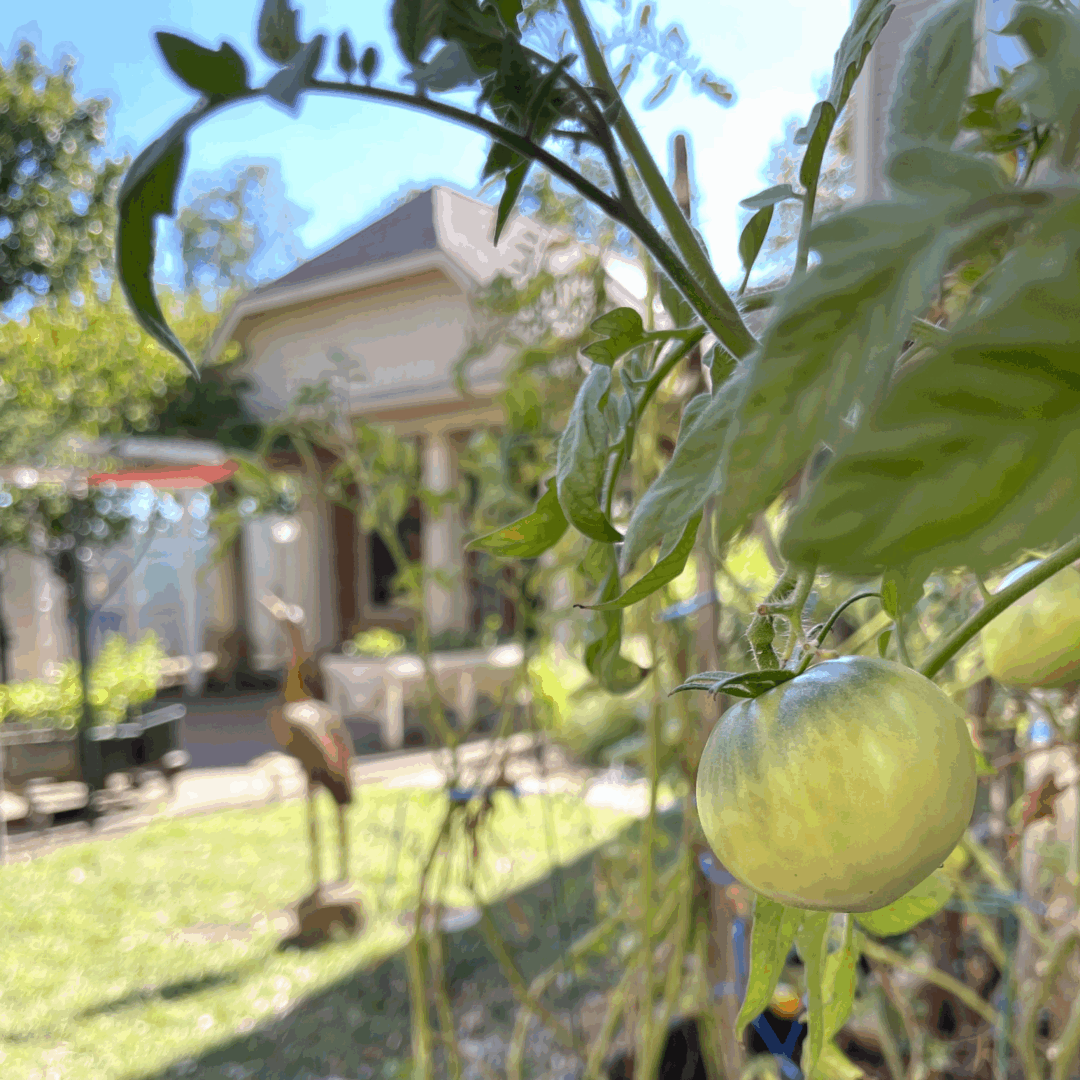Gardening is not only a rewarding hobby, it can also be a powerful therapeutic tool for individuals living with dementia. Research studies and firsthand accounts from caregivers show that this simple activity has wide-ranging benefits, from improving cognitive function to enhancing emotional well-being. As dementia continues to affect millions of people worldwide, exploring natural and holistic ways to ease symptoms and improve quality of life is more important than ever.
At Ahava Memory Care Center of Excellence, we created a vibrant, volunteer led gardening club in the spring of 2024. Loved ones, caregivers, and activity staff have seen noticeable improvements in resident participants’ cognitive function and emotional health. Many of our residents were avid gardeners, or enjoyed nature throughout their lives. Even in the later stages of dementia, they show excitement and interest in the club, and enjoy spending time in the garden. Gardening provides them a meaningful way to reconnect with nature, offering a sense of normalcy and joy that can be challenging to find in the face of dementia.
Gardening can be particularly beneficial for people living with dementia because of the combination of its physical, mental, and emotional advantages. Key benefits include:
- Improved Cognitive Function: Gardening offers a mental challenge by activating areas of the brain that are important for cognitive health. Simple tasks such as planting, tending to plants, and watching them thrive can foster focus and memory, helping to keep the mind sharp.
- Reduced Anxiety and Stress: The repetitive tasks of gardening can help to create a calming routine that eases common symptoms of dementia such as confusion and agitation. Caring for plants and being outdoors has been shown to lower stress hormones and promote relaxation. A study published in The Journal of Alzheimer’s Disease found that spending time in gardens could reduce agitation and enhance overall well-being for dementia patients.
- Enhanced Mood and Emotional Health: Working with plants and watching them grow provides our residents with a sense of accomplishment and purpose. For people with dementia, these results can be especially meaningful, as they combat feelings of frustration or helplessness. Additionally, gardening often sparks pleasant memories and creates opportunities for social interaction, both of which can boost mood and reduce feelings of isolation.
- Physical Activity and Mobility: Gardening promotes light physical activity, such as bending, digging, planting, and watering. These movements help maintain mobility, improve coordination and dexterity, and encourage physical health, which are particularly important for individuals with dementia, who are at a higher risk of falls and muscle weakness.
- Connection to Nature: Time spent outside improves mental clarity and reduces cognitive decline. The tranquility of nature provides residents with an opportunity to disconnect from the stresses of everyday life. Spending time in a garden can help individuals with dementia to feel more grounded and connected to their surroundings, fostering a sense of peace and calmness.
-Nicole Morgan, PCHA
Executive Director, AHAVA Memory Care Center of Excellence


